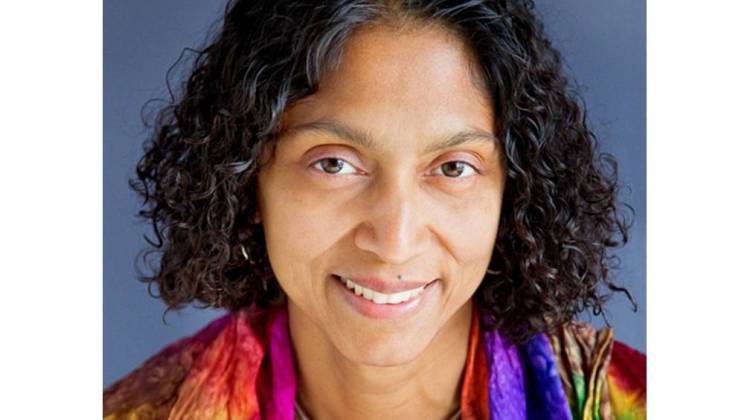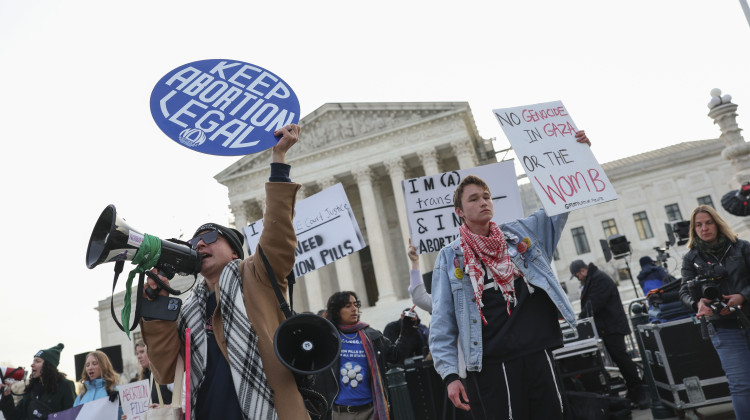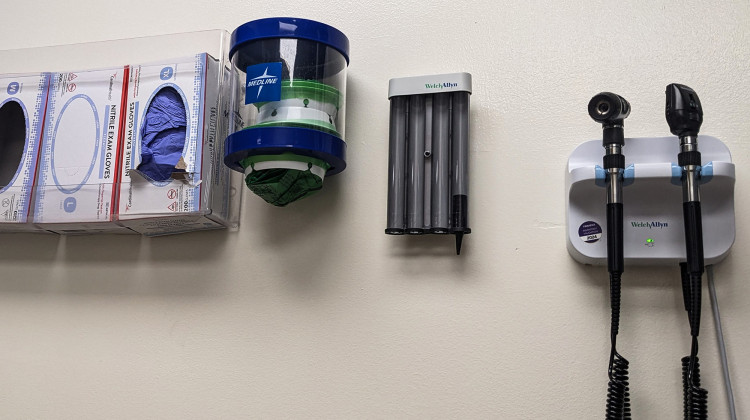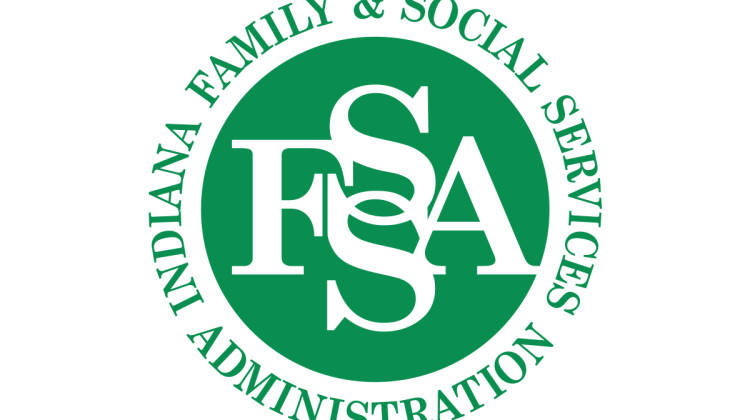Cancer continues to be a leading cause of death for middle-aged Americans but the number of people seeking care for the disease is increasing.
A newly published paper in JAMA Oncology was co-authored by Indiana University professor Kosali Simon, who says the Affordable Care Act is to thank for an overall 33 percent decline in uninsured new cancer patients.
She says the study begs questions about when a diagnosis is made.
“To what extent does having insurance lead to cancer being detected at an earlier stage and then also we want to look at how does that reduce mortality from cancer?” Simon says.
That research analyzed newly diagnosed patients from 2010 to 2014 when the Affordable Care Act was almost fully implemented. It compares states that expanded Medicaid and those that didn’t.
Indiana’s numbers aren’t completely reflective in the data since our expansion, HIP 2.0, was delayed until 2015.
The data is another chance to illustrate how people are benefiting from insurance access. Simon says there’s still a lot of doubt.
“There is quite a large population that still doubts that the ACA changed insurance at all even though those statistics are very clear,” says Simon.
The findings point to the Hispanic population’s nearly 40 percent change rate in cancer care. Simon says it’s more proof that the gap is narrowing.
“What this means for disparities in access and outcomes is certainly on our radar screen,” says Simon.
The paper notes policy changes to Medicaid would be likely harmful to some patients with cancer.
 DONATE
DONATE









 View More Programs
View More Programs


 Support WFYI. We can't do it without you.
Support WFYI. We can't do it without you.